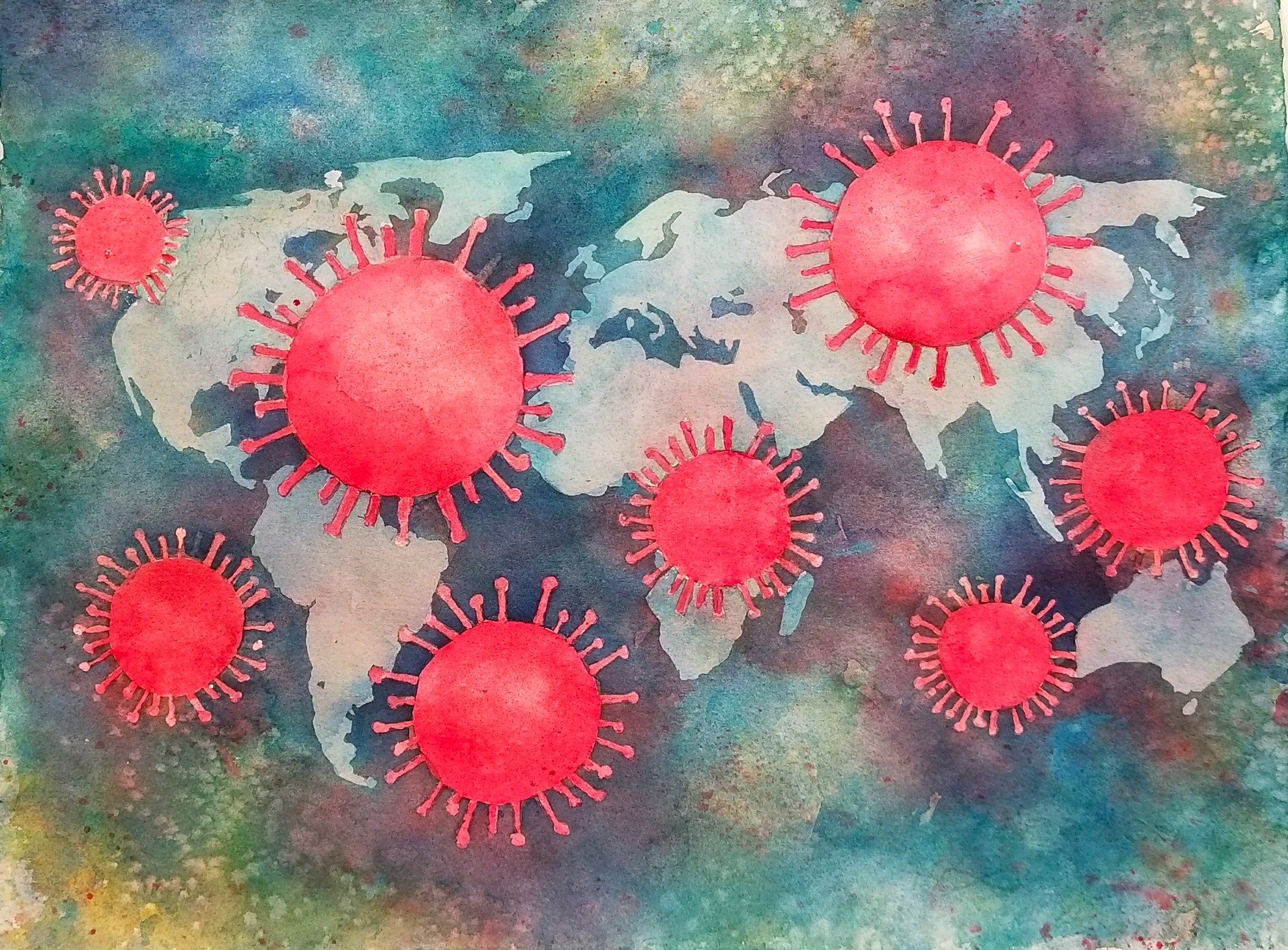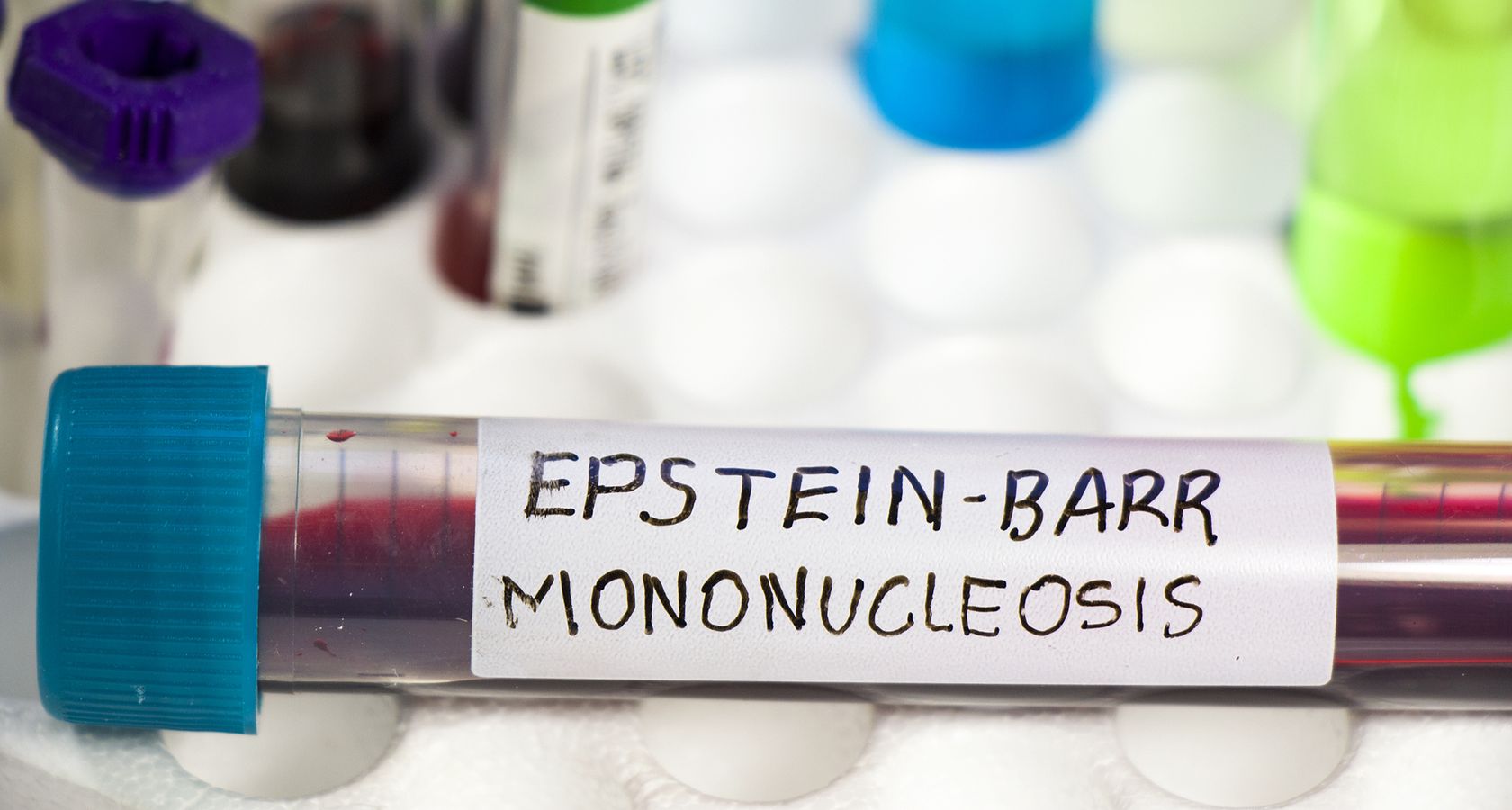Brain Fog
Brain fog is a general feeling of forgetfulness, unclear thinking, haziness, and mental exhaustion. People experiencing it might feel less mentally sharp or unable to keep up with their usual daily activities. Many people experience brain fog on occasion, often due to fatigue, lack of sleep, or stress. But if someone is at the point where they are experiencing significantly decreased cognitive function and memory problems - they are locking themselves out of their apartment on a weekly basis, or their train of thought is more often forgotten than not- they may be dealing with brain fog that’s linked to a chronic medical condition, rather than just the occasional brain fog cloud.
Additional symptoms of brain fog included memory loss, difficulty multitasking, overall cognitive impairment, and decreased mental clarity. People who have been mentally and physically exhausted for the last six months or more could have chronic fatigue syndrome (ME/CFS). People with ME/CFS often say they experience brain fog, and those with other health conditions such as Lyme disease, long Covid, multiple sclerosis, Alzheimer’s disease, fibromyalgia, low thyroid function, and many other chronic illnesses can get brain fog too. Brain fog has also been linked to modern technology. Bright light stimulation from phones and screens can affect the brain. Diet and nutrition can trigger brain fog as well. Studies have found a link between diets high in refined sugars and impaired brain function.
What to do about brain fog depends a lot on the cause. If it's linked to a condition, working with a practitioner to treat the underlying cause will help. If it is suspected that the brain fog is tied to diet, it’s worth looking into a healthy diet that is anti-inflammatory and low in sugar and carbs—an experienced functional medicine nutritionist can help. Some people also find relief from that brain-foggy feeling using herbs such as sage, lemon balm, rosemary, and ginkgo. Supplements such as vitamin b12 may help as well. Others swear by blue light-blocking glasses.
Resources
- Healthcare. Neuropsychiatric Lyme Borreliosis. https://www.ncbi.nlm.nih.gov/pmc/articles/PMC6165408/
- Cognitive Impairments in Fibromyalgia Syndrome: Associations with positive and negative affect, alexithymia, pain catastrophizing and self-esteem. https://www.ncbi.nlm.nih.gov/pmc/articles/PMC5874325/
- Drugs in R&D. Salvia (sage): A Review of its potential cognitive-enhancing and protective effects. https://www.ncbi.nlm.nih.gov/pmc/articles/PMC5318325/
- Frontiers in Neuroscience. Brain “fog,” inflammation and obesity: key aspects of neuropsychiatric disorders improved by luteolin. https://www.ncbi.nlm.nih.gov/pmc/articles/PMC4490655/
- Frontiers in Physiology. Caught in the thickness of brain fog: exploring the cognitive symptoms of Chronic Fatigue Syndrome. https://www.frontiersin.org/articles/10.3389/fphys.2013.00063/full
- Harvard Health Publishing. Nutritional psychiatry: Your brain on food. https://www.health.harvard.edu/blog/nutritional-psychiatry-your-brain-on-food-201511168626
- The Journal of Physiology. Sugar highs and lows: the impact of diet on cognitive function. https://www.ncbi.nlm.nih.gov/pmc/articles/PMC3448146/




